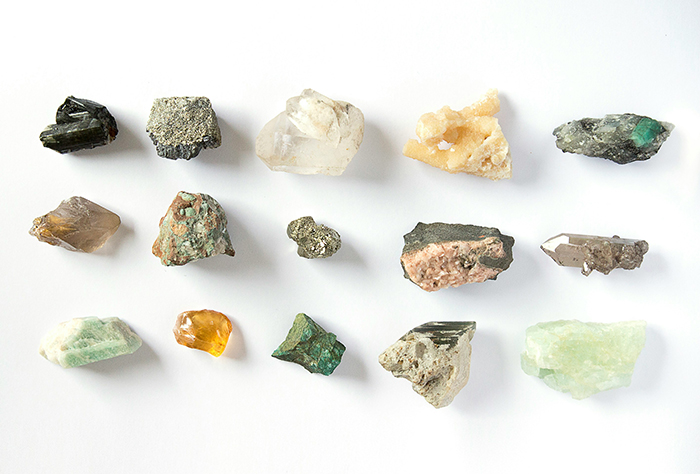The U.S. and its allies are developing plans for a critical minerals marketplace that involves friendly countries as a means of loosening China’s grip on the supply of raw materials needed for renewable energy infrastructure and equipment.
This alternative marketplace would insert western values into the supply chain for critical minerals, U.S. National Security Adviser Jake Sullivan told a Brookings Institution event in late October, according to The Hill.
“We are working with [our partners] to create a high standard, critical mineral marketplace, one that diversifies our supply chains, creates a level playing field for our producers, and promotes strong workers’ rights and environmental protections,” Sullivan is quoted as saying.
The initiative, rooted in the “friend-shoring” strategy, is intended to enable the U.S. and allied nations to collaboratively source, process, and secure critical minerals for energy transition technologies, such as electric vehicles (EVs) and renewable energy storage, and for critical defense applications.
Establishing a minerals marketplace that adheres to high environmental and labor standards is no small task, Sullivan said, noting that China’s ability to control the market stems partly from artificially low pricing practices that keep competition out. By contrast, a Western-led marketplace would prioritize transparency, human rights, and sustainability, albeit likely at a higher initial cost.
Still, efforts to drive these changes are advancing quickly, with Sullivan noting that concrete progress on the minerals marketplace could be expected in the coming weeks.
Shifting focus to allied nations and Nordic resources
The call for a new minerals marketplace comes amid rising concerns over China’s dominance in rare earths and other minerals critical to clean energy. With China controlling around 70% of global rare earth mining and 90% of processing, the risk of a supply chain chokehold has grown.
U.S. efforts to limit this dependency have led to trade tensions that spurred tariffs against Chinese imports. Meanwhile, China has put forward its own restrictions on trade in high-value minerals like gallium and antimony.
U.S. allies in Europe are already mobilizing to address these concerns. The European Union has begun evaluating bids for a joint purchasing platform for critical minerals, which would pool resources for securing better prices.
In parallel, Nordic nations are emerging as reliable sources for rare earths and lithium, holding deposits critical to battery and EV manufacturing. Studies by the Nordic Council suggest that Greenland, Norway, and Finland collectively hold over 43 million tons of economically viable rare earth minerals, while also offering sustainable extraction practices. The Nordic countries, favored by U.S. and EU partnerships, represent a strategic alternative to China for mineral sourcing.
Friend-shoring for strategic security and clean energy goals
The U.S. has been engaged in many activities to address the imbalance in rare-earth minerals. Following the Russian invasion of Ukraine, the U.S. and its G7 partners launched the Partnership for Global Infrastructure and Investment (PGII) to foster global supply chains in clean energy. The U.S. also established the Minerals Security Partnership (MSP) to support mining, processing, and recycling of critical minerals among democratic states. These initiatives aim to streamline allied nations’ industrial policies and develop resilient supply chains that underpin net-zero goals.
Projects in resource-rich African countries, such as the U.S.-backed Lobito Corridor, exemplify the broader vision for a globally diversified mineral supply network.
Collaboration among the U.S., EU, and key allies is now central to these efforts. A recent study by Johns Hopkins University’s Net Zero Industrial Policy Lab concluded that democratic partnerships could generate enough resources to meet global mineral demands for a 1.5-degree Celsius climate pathway, though success would hinge on significant technological and financial investment.
European Commission President Ursula von der Leyen announced in early 2023 that the EU’s new industrial strategy prioritizes alliances for mineral resources, reinforcing a commitment to independent, clean energy supply chains.
While seeking international partnerships, the U.S. has also made progress in domestic sourcing. The U.S. Geological Survey (USGS) recently announced the discovery of lithium reserves in the Smackover brine region of Arkansas, with a low-end estimate suggesting 5 million tons of lithium—a quantity surpassing projected U.S. lithium demand for electric vehicles by 2030. While the lithium at the site would require advanced extraction technology, the Smackover discovery offers a potential pathway to U.S. lithium self-sufficiency, reducing the need for imported materials.














